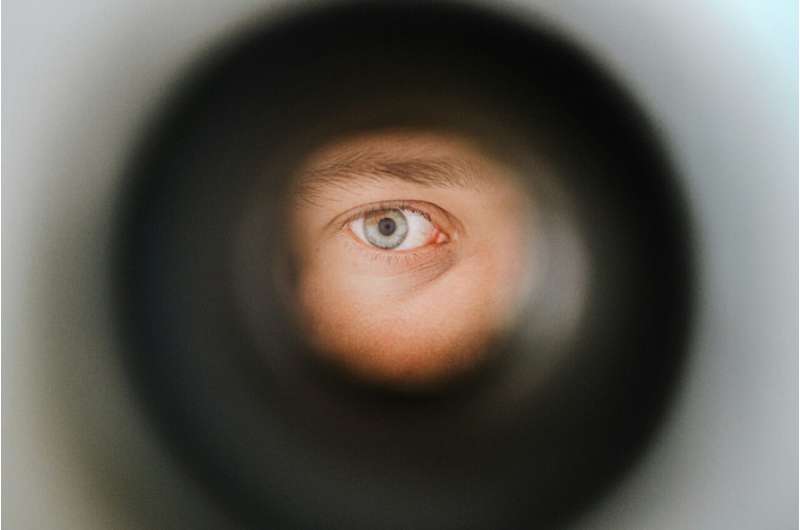This article has been reviewed according to Science X's editorial process and policies. Editors have highlighted the following attributes while ensuring the content's credibility:
fact-checked
peer-reviewed publication
trusted source
proofread
Paranoid CEOs hide from government, react strongly to competitors, says research

The higher CEOs score on measures of paranoia, the more likely they are to avoid lobbying government, according to new research of 925 CEOs across 774 firms.
But hiding doesn't always work. If sanctioned, or hauled in front of Congress—as Boeing's CEO recently was to answer for the 737 Max plane's safety failures—paranoid CEOs switch to lobbying hard for protections. Likewise, paranoid CEOs react strongly to competitive actions by rivals, responding with their own competitive attacks.
Many boards already develop sophisticated personality profiles of their prospective CEOs. Along with stockholders, boards should watch for these paranoid traits and manage CEOs and their investments accordingly, said Aaron Hill, a professor of business at the University of Florida and co-author of the new paper.
"Whatever innate personality traits CEOs have, make sure you know how they manifest in different situations. Whether it's paranoia or overconfidence or narcissism, it's not going to always play out the same. It's going to be triggered differently in different situations," said Hill, an expert in the psychology of business leaders.
Hill and his co-authors studied earnings calls by S&P 1500 CEOs and performed linguistic analysis on their remarks to obtain a measure of their expression of paranoid traits. Words and phrases denoting anxiety, distress, fear, suspicion, or feeling threatened contributed to an overall paranoia score.
The researchers then looked at how this paranoia score correlated with business actions. They focused on government lobbying and competitive actions like engaging in price wars, expanding into new markets, or introducing new products.
Paranoia most strongly affected how CEOs approach the government.
"The higher CEOs are in paranoia, the less they lobby the government," Hill said. "Yet once they're targeted for government sanction, that indicates their suspicion is verified. It fuels their feelings of anxiety, fear, and threat. That avoidance then switches to aggression," and once-shy CEOs now engage in much more lobbying.
On the other hand, paranoid CEOs were equally likely to attack competitors unless they felt attacked. Then more-paranoid CEOs tend to counterattack more forcefully.
Hill was drawn to study paranoia in CEOs because it undermines the cultural view of leaders.
"We find paranoia pretty interesting because it's at odds with the assumption that these are self-assured, confident people," Hill said. "But it gives us a more well-rounded view of who these individuals are."
Hill and his co-authors at the University of Arkansas and Clemson University are publishing their findings in an upcoming issue of the Academy of Management Journal.
Journal information: Academy of Management Journal
Provided by University of Florida





















